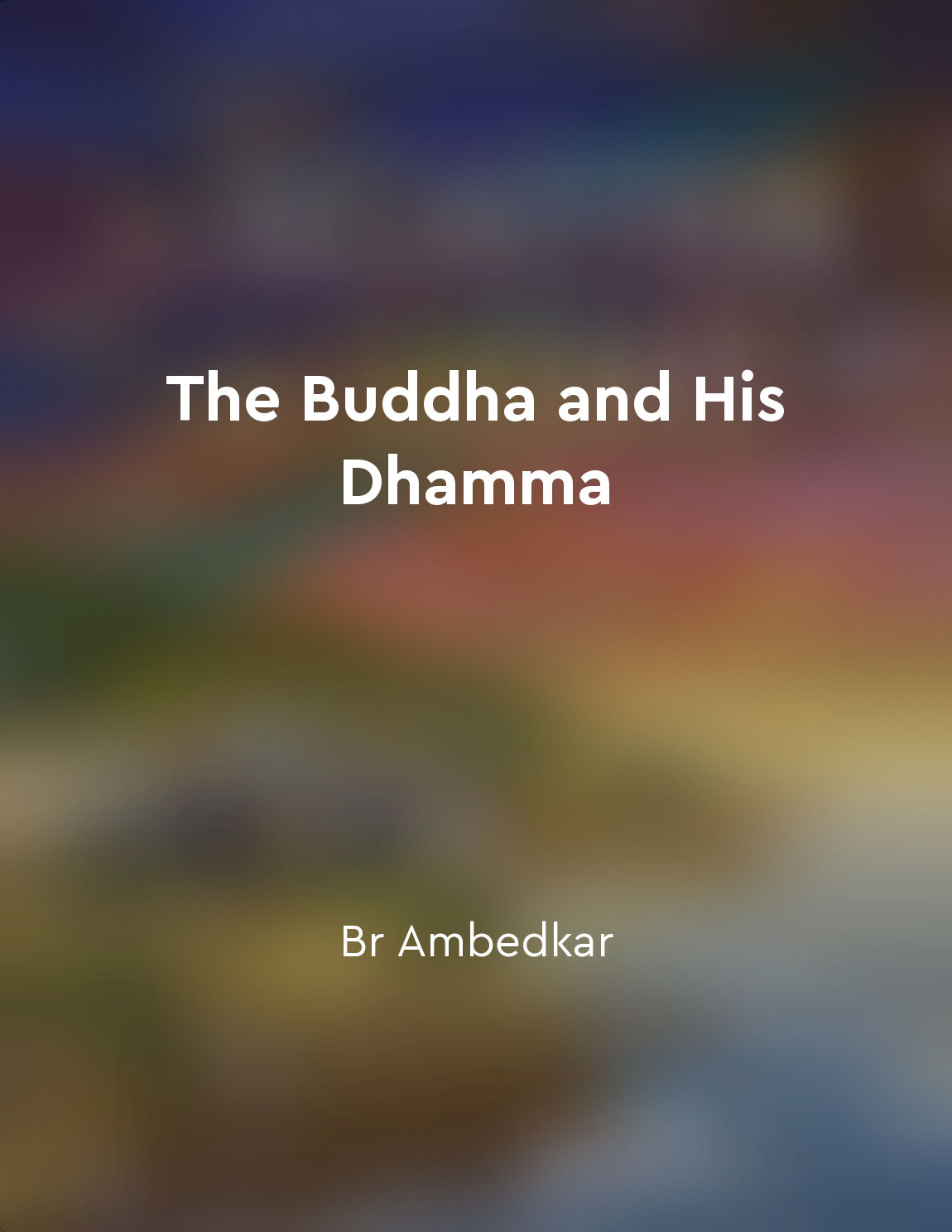Audio available in app
The self or atman is perceived as eternal and distinct from the body from "summary" of An Introduction to Indian Philosophy by Satischandra Chatterjee,Dhirendramohan Datta
The concept of self is rooted in the philosophical traditions of India, where it is viewed as a fundamental aspect of existence. This self, often referred to as atman, is understood to be eternal, unchanging, and distinct from the physical body. Unlike the body, which is subject to birth, decay, and death, the self transcends these temporal states. This distinction emphasizes the difference between the material and the spiritual. The body can be perceived as a temporary vessel, a mere instrument through which the self experiences life. As such, it is subject to various changes and ultimately faces mortality. In contrast, atman remains constant and is not affected by the vicissitudes of physical existence. This perspective fosters a deeper understanding of human identity, suggesting that true essence lies beyond the physical realm. The recognition of the self as eternal invites individuals to reflect on their spiritual journey. It encourages the pursuit of knowledge and self-realization, leading to liberation from the cyclical nature of life and death. This journey often involves introspection and meditation, fostering a connection with the universal consciousness that atman represents. The distinction between the self and the body challenges the materialist view of existence. It posits that human beings are not merely the sum of their physical attributes but are endowed with a higher spiritual reality. This understanding cultivates a sense of purpose and meaning, as individuals seek to align their lives with their true nature.- The exploration of the self provides a pathway to understanding one’s place in the cosmos, illustrating the profound interconnectedness of all beings and the eternal nature of existence. The journey towards realizing this truth is as significant as the truth itself, guiding individuals toward enlightenment and self-discovery.
Similar Posts

The eternal relationship between the soul and God
The eternal relationship between the soul and God is explained in the Bhagavad Gita as a bond that transcends time and space. A...
Meditation is the key to selfrealization
In the search for self-realization, meditation emerges as a vital tool for individuals on the spiritual path. Through the pract...
Surrender to the divine will bring ultimate fulfillment
The concept of surrendering to the divine will is one that is deeply rooted in the teachings of spiritual masters throughout th...

The concept of impermanence is central to Buddhism
The Buddha taught that everything in this world is impermanent. He emphasized the fleeting nature of life, highlighting how all...

Embrace the power of creative manifestation
Embrace the power of creative manifestation is the essence of existence itself, the very core of being that pulses through the ...
Mughal Empire brought significant cultural and architectural advancements
The Mughal Empire, which spanned over three centuries in the Indian subcontinent, left behind a rich legacy of cultural and arc...
Cultivate positive virtues for spiritual evolution
To progress on the path of spiritual growth, it is essential to cultivate positive virtues within oneself. These virtues act as...
Freedom from the tyranny of the ego is possible through mindfulness
In moments of mindfulness, there is a profound shift in our sense of identity. The feeling of being a separate self - an "I" di...
Buddhism emphasizes impermanence
Buddhism provides a unique perspective on the nature of reality, emphasizing impermanence as a fundamental aspect of existence....

